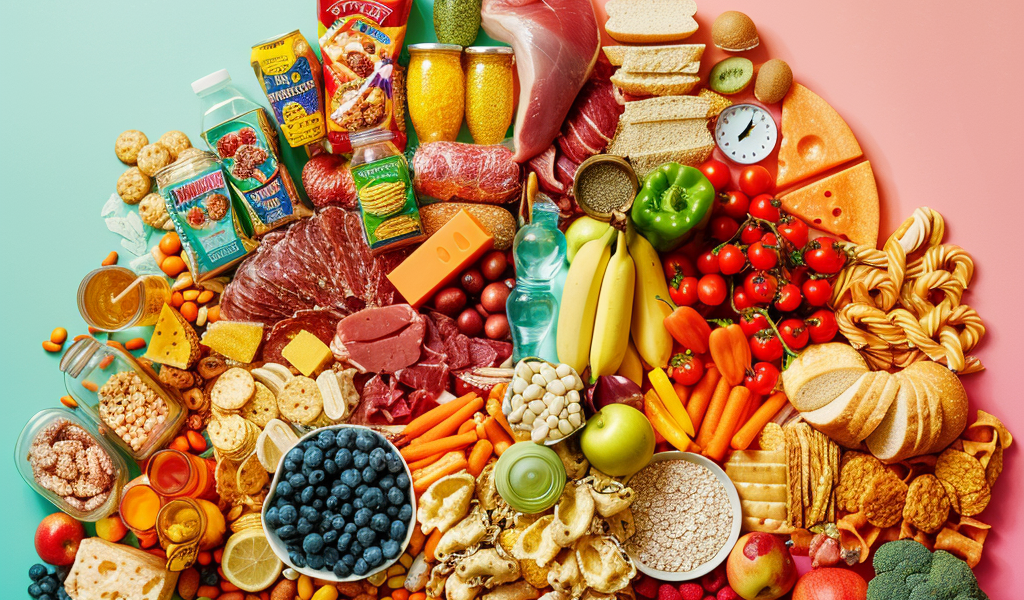Recent studies have unveiled a concerning link between ultra-processed foods (UPFs) and accelerated biological aging. As the convenience of packaged snacks and frozen meals becomes increasingly prevalent in modern diets, researchers are raising alarms about their potential health impacts.
Ultra-processed foods encompass a wide range of items, including packaged snacks, sugary drinks, reconstituted meats, and instant noodles. These foods are often laden with additives, artificial colors, sweeteners, and preservatives, ingredients that are typically absent from home-cooked meals. The growing reliance on these products is not just a matter of convenience; it poses serious health risks.
A team of scientists from the IRCCS Neuromed Mediterranean Neurological Institute in Italy conducted a comprehensive study involving over 2,000 adults. The findings, published in The American Journal of Clinical Nutrition, indicate that individuals with a higher intake of UPFs exhibited signs of accelerated biological aging compared to those who consumed fewer processed items.
The research highlights a striking statistic: approximately 57 percent of food consumed in the UK is categorized as ultra-processed. This staggering figure underscores the pervasive nature of these foods in everyday diets and raises questions about their long-term effects on health.
According to the study, participants whose diets consisted of more than 14 percent UPFs by weight experienced an acceleration in biological aging of about four months. This finding suggests that the detrimental effects of these foods extend beyond weight gain and other immediate health concerns, potentially influencing the very biological processes that govern aging.
As the prevalence of ultra-processed foods continues to rise, public health experts are urging consumers to reconsider their dietary choices. The convenience of these products often comes at the expense of nutrition, leading to a host of health issues that may manifest over time.
In light of these findings, individuals are encouraged to prioritize whole, minimally processed foods in their diets. Fresh fruits, vegetables, whole grains, and lean proteins are not only more nutritious but may also contribute to healthier aging processes.
The implications of this research extend beyond individual health; they also highlight the need for broader public health initiatives aimed at reducing the consumption of ultra-processed foods. As awareness grows, consumers may be more inclined to make informed choices about their diets, ultimately leading to better health outcomes.
In summary, the correlation between ultra-processed food consumption and accelerated aging is a significant public health concern. With more than half of the food in the UK classified as ultra-processed, the findings serve as a crucial reminder of the importance of dietary choices in promoting long-term health and well-being.





